Workshops
Wednesday, November 12, 2025
Time: 1:00-5:00 PM
W-06: Ion Exchange Technology and Practical Operating Practices
Wayne Bernahl, W. Bernahl Enterprises, Elmhurst, IL
Ion exchange technology is not new yet most industrial ion exchange systems do not operate at top efficiency. Ion exchange technology is often not well understood by operating personnel.
W-10: Tour at Orlando Utilities Commission
Sponsored by Worley and WesTech Engineering
Please join us for an offsite tour of a zero liquid discharge (ZLD) plant in the Orlando area run by Orlando Utilities Commission (OUC). Led by Kevin Say, P.E., Project Engineer at OUC, this tour will give a comprehensive overview of OUC’s Stanton Energy Facility and how they reuse wastewater from a nearby treatment facility and onsite rainwater run-off in their cooling towers. The tour will start in the administration building for a history and overview presentation and then will continue as a walking tour of the facility so that attendees get a first-hand view of this impressive ZLD plant.
Transportation between the conference hotel and the facility and food and drink refreshments will be provided as part of the tour. Attendees should expect to be standing or walking for a large part of the tour, including walking up and down stairs and on uneven surfaces. Closed toe shoes and long pants are required for the tour. Any additional required PPE will be provided by OUC.


